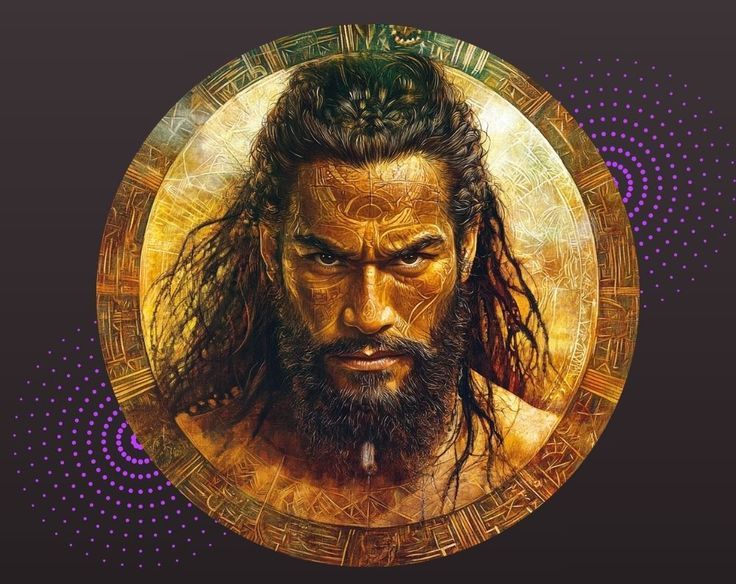In Hawaiian mythology, Ku was worshipped as a god of battle and wealth. Humans, rather than animals, were offered as sacrifices to Ku during religious ceremonies. He also served as a guardian to King Kamehameha I, who honored him with sculptures all over the islands, including in front of his Kamakahonu palace. Many Native Hawaiians consider Ku a living god, giving him significant significance in their daily lives. In Hawaiian folklore, he is one of the four supreme deities who watch over the faithful and the islands. The Hawaiian god of battle was also worshipped as the god of good fortune; this deity was Ku. Instead of animals, people were sacrificed to Ku as part of a worship ritual. King Kamehameha, I trusted him so much that he erected sculptures of him all over the island, including in front of his house in Kamakahonu. Many Native Hawaiians see Ku as a living god and incorporate his teachings and guidance into everyday life. The well-being of all believers and the Hawaiian islands rests with him, as he is one of the four main gods in Hawaiian mythology.
Ku’s legacy lives on in contemporary Hawaiian society, where he is still honoured and revered in many religious rituals and ceremonies. He presides over the battle in Hawaiian mythology. K carries a fiery mace infused with the spirits of the gods, monsters, and humans he has defeated in battle. Ku and his siblings Kane and Lono were born to Rangi in the heavens and Papa on Earth. Following a massive attack even by storm god Apuhau, which was triggered by the split between Papa and Rangi, only Ku’s ferocity in combat saved the Hawaiian pantheon. The Hawaiian deity K was the only one who regularly had human sacrifices made to him. He was armed with a fiery weapon that, frighteningly, held the spirits of his victims. K is viewed as the antithesis of his brother Lono due to his penchant for violence and death during his tenure, which spanned the remaining eight months of the year during which Lono’s focus shifted away from agriculture and into a period when rival rulers fought for control of territory and prestige.

During periods of conflict, Ku, the brother of Kane and Lono, would intervene on behalf of the other Hawaiian gods and bring peace. Additionally, he is thought to be married to the polar opposite deity Hina, who serves to maintain cosmic equilibrium. Due to the flexible nature of Hawaiian theological ideas, Ku can be called upon by many different names, including those of his sons, Aiai and Aiaiai. K was highly revered among the gods because of the battle’s central role in tribal culture. In addition, he could cure injuries with a single glance. King Kamehameha, I respected K so much that he would always bring a wooden idol of the deity into combat with him. K is the “eater of islands” because conquest is his biggest passion; he is also the patron deity of fishermen, canoe builders, forests, and male fertility.
During the summer, worshippers swarm Ku’s home after hearing rumours that he can defend the islands and their residents by sacrificing humans as part of rituals. They believe that Hina & Ku are responsible for maintaining the Earth’s fecundity. The ability to render the world and its environs habitable is also attributed to them. Ku, or Akua, is the deity of fishing, farming, politics, and warfare. He appeared human, but his supernatural abilities allowed him to guide the ocean’s fish. His arsenal included a fiery mace imbued with the spirits of his victims. To this day, native Hawaiians revere Ku as a deity of great importance. Wooden tikis, which represent Ku, are one of the most popular keepsakes for tourists to purchase while in Hawaii. Don’t mistake these carved tikis for the Maori deity of the same name.






